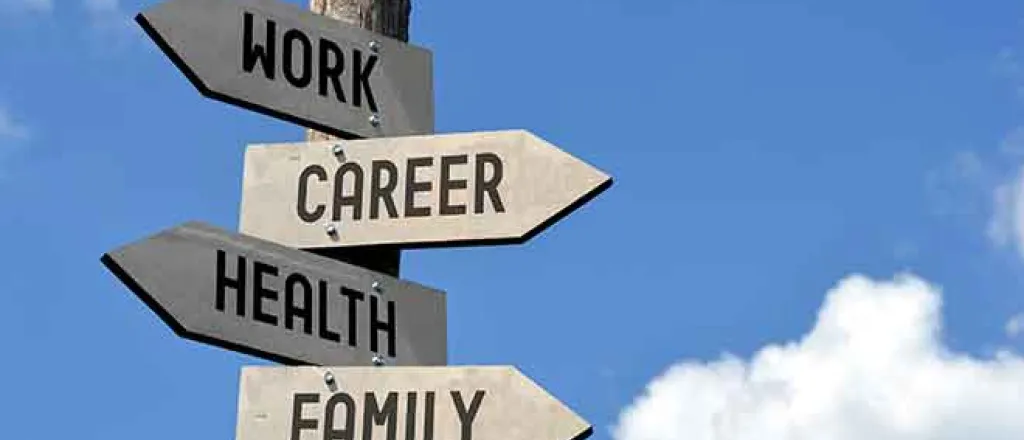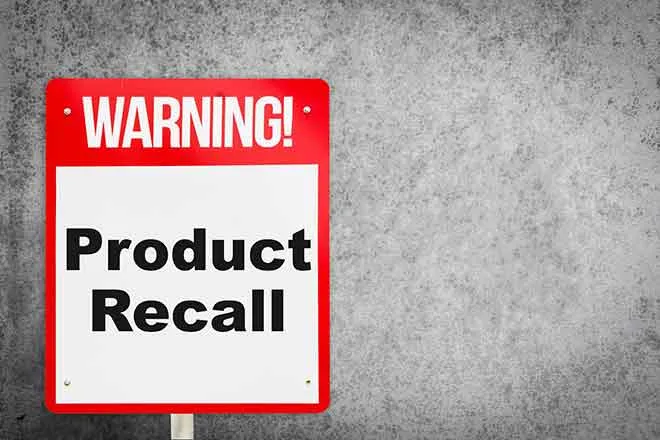
Mental Health and Coping with Disasters
Everyone copes with disasters and traumatic events differently. Psychological trauma is an emotionally painful, shocking, stressful and sometimes life-threatening experience. It may or may not involve physical injuries and can result from the impact of distressing events. These situations may also be natural disasters such as a tornado or earthquake. The National Institute of Mental Health (NIMH) researchers explore the factors that help people cope and the factors that increase their risk for problems following the event.
Warning Signs
There are many different responses to potentially traumatic events. People may have an intense response immediately following a traumatic event or the response may occur several weeks or months later. These responses can include:
- Feeling anxious, sad, or angry
- Trouble concentrating and sleeping
- Continually thinking about what happened
Adults and Children or Teens Often Have Different Reactions to Trauma
Each year, children experience violence and disaster and face other traumas. Young people are injured, they see others harmed by violence, and they lose loved ones or witness other tragic and shocking events. Parents and caregivers can help children overcome these experiences and start the process of recovery.
Children age five and under may react in a number of ways including:
- Showing signs of fear
- Clinging to parent or caregiver
Children age 6 to 11 may react by:
- Isolating themselves
- Becoming quiet around friends, family, and teachers
Adolescents age 12 to 17 may react by:
- Having flashbacks to the event (flashbacks are the mind reliving the event)
- Having nightmares or other sleep problems
For general information on mental health and to locate treatment services in your area, call the Substance Abuse and Mental Health Services Administration (SAMHSA) Treatment Referral Helpline at 1-800-662-HELP (4357). SAMHSA also has a Behavioral Health Treatment Locator on its website that can be searched by location.

















